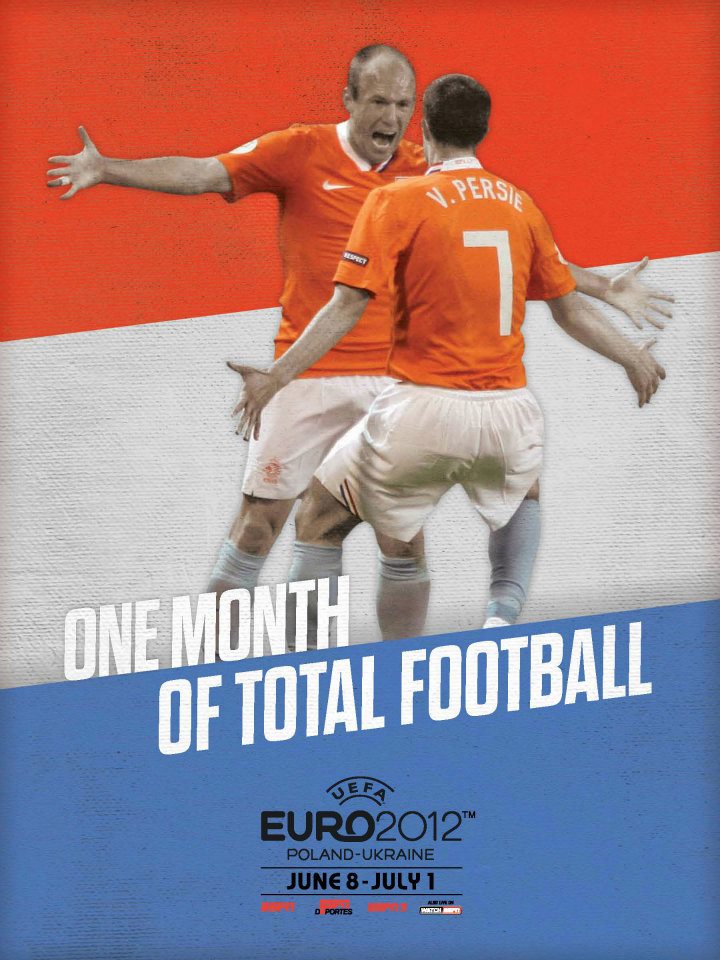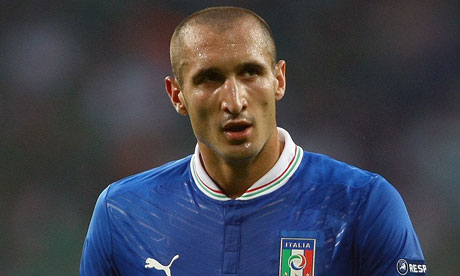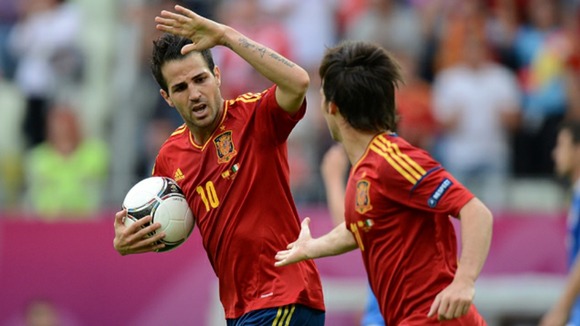Athletic Bilbao won many admirers in their thrilling run to last season's Europa League final. But defeat to Lyon a fortnight ago rendered their hopes of passing the group stage near impossible this time round.
On Thursday, they were due to face Israeli champions Ironi Kriyat Shmona but given the current tensions there, UEFA postponed the tie. We can only speculate as to how this game might have panned out, but one thing we can safely say is that Fernando Llorente would have started on the bench.
 |
| Fernando Llorente banished from the training pitch by Marcelo Bielsa |
Back in the spring, Athletic had become the toast of footie hipsters everywhere. Under Marcelo Bielsa their relentless energy, daring, and desire to play the game in the opposing half produced spectacular football; and spectacular results, too.
Llorente was the focal point, the line-leader whose aerial presence offered that extra dimension in attack. Perhaps more than any other player, he was the club icon. Now he's found himself in the role of the outcast.
That's a great shame.
We all know now how the story ended for Bilbao; in heartbreak. As much as the wonderful football of the spring, it's the tears of Iker Muniaín that stand out. Tears that flowed following their 3-0 defeat to Atlético Madrid in the Europa League final which were repeated when they went down by same margin against Barcelona in the Copa del Rey decider. It was an image betrayed by a sense of devastation borne of knowing they might never come so close again.
Bilbao didn't just end the season devastated - they were decimated. There's a price to pay for the intensity Bielsa demands, and with such a short squad Bilbao were simply dead on their feet for the final six weeks. Their league form collapsed, scuppering hopes of a Champions League place. Their stars played no part in the national team's Euro success, being consigned to the bench or left out altogether due to exhaustion and injury.
Llorente has had many suitors in recent years without any moves coming to fruition. When he and Javi Martínez made clear their desire to leave in the summer, they became the target of abuse from the fans. The president, Josu Urrutia refused to sanction their sale. Martínez, much coveted by Barcelona, only moved to Bayern after the Germans activated his enormous release clause. Yet despite entering the final year of his deal, sizeable offers for Llorente were rejected.
It was hard to see who this situation benefited, and three months into this season it's even less clear. A sale might have banked upwards of €25m and while it's true that Bilbao are not financially stretched, they are in the process of building a new stadium. Their Basque-only policy, however much its credibility is stretched at times, limited their scope for replacing him. Better then, perhaps, to hang on to him for another season. But in 14 games this season, Llorente has started just once, in the Copa del Rey.
Not only has the striker fallen foul of the president. The relationship with Bielsa had already broken down. A constant drip of rumours, spin, audio and then finally video footage of Llorente being banished from the training field by the Argentine has attested to this.
In short, the situation has become as tedious as it is pointless. Yet just when it seemed matters couldn't get any more ridiculous, they did just that earlier this week. On Monday, Llorente failed to turn up to speak to the written press after the training. Immediately, the club chose to publicise this via Twitter, stating that he had refused to do so. The player himself had a different take on matters.
In fact, he had already been due to talk to Telebilbao and had only been asked to present himself to the scribes at the last second. “They told me as I was about to leave training, and I didn't have time. I can't be in two places at once. I have no problem speaking to them on another day.”
The only silver lining in this mess is that in his absence Aritz Aduriz - signed from Valencia in the summer - has been in excellent form, chipping in with eight goals to date. The other, though it feels like an anomaly given the cloud over the club, is the contrast with their domestic performance at this time last year. Indeed, going into last weekend's spanking at the Bernabéu their points haul was identical.
A yellow card in that game means Aduriz will sit out this week's clash with Deportivo. With the new man short on fitness for the season's opener, Bielsa went with goal-shy Gaizka Toquero from the offset. As stubborn as he is, it will be intriguing to see he elects to overlook Llorente here once more.
Two wins prior to the Real game has kept Athletic clear of the relegation fight for now, and within striking distance of the European spots. Juventus have been monitoring the forward's situation, and remain hopeful of luring him in the January transfer window. The club insists that the remainder of his contract will be honoured. But surely a speedy divorce would be in the best interests of all parties at this point.
ORIGINAL ARTICLE HERE ON EIRCOM SPORTSHUB












